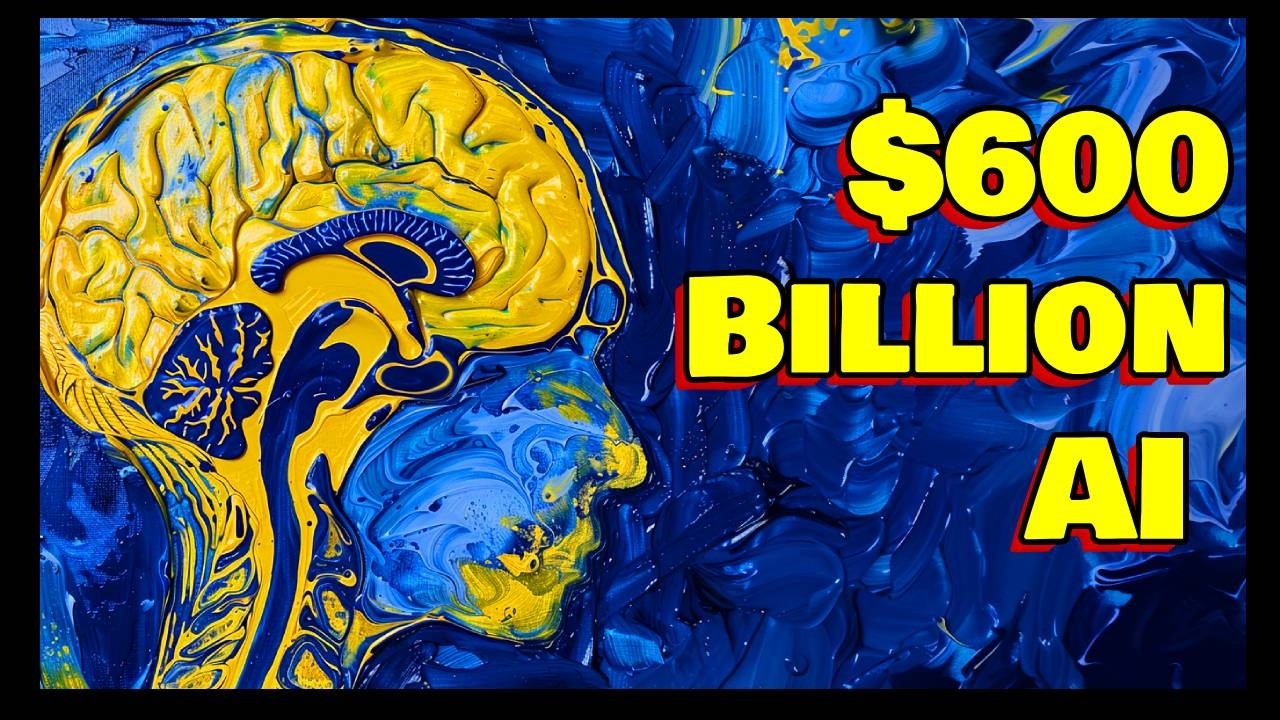The video explores the emergence of “Software 3.0,” an AI-driven approach that builds on previous software iterations, allowing businesses to create customized AI agents with minimal effort using pre-trained foundation models. It highlights the potential for these advancements to democratize AI technology, making it integral to various industries and revolutionizing operational efficiency and customer engagement.
The video discusses the emergence of a new wave of artificial intelligence (AI) referred to as “Software 3.0,” which builds on previous iterations of software development. The speaker explains how traditional software (Software 1.0) involves explicit coding by humans, while Software 2.0 represents a shift towards machine learning, where programmers define goals for AI systems that learn from data rather than being explicitly programmed. This evolution signifies a transition from manual coding to an AI-driven approach, where the AI develops its capabilities through training on large datasets.
As the conversation progresses, the focus shifts to the concept of Software 3.0, which leverages foundation models that are pre-trained and can be fine-tuned for specific tasks without requiring extensive retraining. The speaker highlights how businesses can create AI agents with minimal effort, similar to how they established their online presence in the past. This democratization of AI technology suggests that in the future, every business will likely have its own AI agent to interact with customers, enhancing efficiency and customer service.
Mark Zuckerberg’s insights on the release of the Llama 3.1 model are also discussed, emphasizing the potential for individuals and small companies to build their AI agents using these advanced models. The video underscores the importance of open-source models, suggesting that a wide range of customized AI solutions will emerge as businesses and creators harness these tools to automate tasks and engage with their communities. This is expected to create a vast landscape of AI agents, possibly exceeding the number of people in the world.
The speaker further elaborates on the investment landscape surrounding Software 3.0, with prominent investors recognizing the opportunities within AI startups that capitalize on manipulating foundation models. This new software paradigm is seen as a pathway to unlocking significant value by allowing businesses to tailor AI solutions to their specific needs, thereby enhancing operational efficiency and customer engagement. The notion that AI will become integral to various sectors, similar to the adoption of computers, is a key theme of the discussion.
In conclusion, the video posits that as AI technology progresses, it will become ubiquitous across industries and everyday life, with individuals and businesses increasingly relying on customized AI models. This transition is expected to simplify the process of integrating AI into various applications, ultimately revolutionizing how tasks are performed and businesses operate. The speaker encourages viewers to consider the transformative potential of Software 3.0 and its implications for the future of work and personal productivity.
